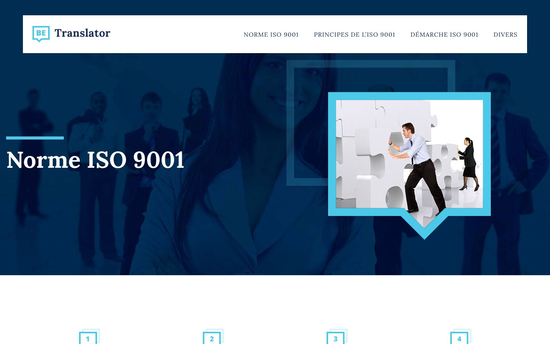A custom-designed website
Each step of the design process contributes to shaping a website that reflects your identity while ensuring a seamless and engaging experience for your visitors.

In-depth analysis
Understanding your needs and those of your users
A custom-designed website begins with a detailed analysis of your goals, your target audience, and your business environment.

Personalized design
Creating a unique interface consistent with your image
The visual identity and ergonomics must reflect your brand while providing a seamless and intuitive experience.

Scalable development
Building a robust and adaptable technical foundation
The code and features must be designed for performance, security, and the ability to evolve with your needs.
Clearly convey your visual
identity
The design must reflect your brand’s values and message to capture attention and evoke emotion.
Ensure graphic harmony across all media
Use consistent colors, typography, and graphic elements to strengthen your brand recognition.
Combine clarity and aesthetics for
a memorable result
A clean design makes it easier to read and leaves a strong impression without being visually overloaded.
The keys to effective SEO

Keyword research
This crucial step allows you to select high-potential keywords tailored to your products or services, attracting qualified and interested traffic.

Quality content
Relevant, information-rich content not only captures visitors’ attention but also meets search engine requirements for better rankings.

Technical optimization
A technically optimized site facilitates user navigation and allows search engines to efficiently index all your pages, thus improving your SEO.

Strategic link building
Developing a network of quality backlinks increases your site’s authority with search engines, strengthening its visibility and credibility.
Building an effective and adaptable digital marketing strategy
The success of a digital transformation depends on a structured approach, constant adaptation to market developments, and a clear vision to effectively engage your audience.

Clear definition of objectives

In-depth knowledge of the target audience

Choice of appropriate channels

Continuous measurement and optimization
Ensuring the performance and reliability of your IT systems
Careful and ongoing system management ensures their long-term effectiveness while protecting the company’s vital digital resources.
Proactive prevention
Regular maintenance, such as updates and audits, significantly reduces the risk of outages and optimizes security, ensuring system reliability over time.
Corrective intervention
In the event of a problem, an effective response minimizes disruptions and restores proper operation of equipment or software.
Data security
Maintenance includes regular backups, access management, and protection against cyber threats to ensure business continuity.
Custom Website Design for the Coaching and Personal Development Industry
A deep understanding of the coaching sector and client engagement strategies enables the creation of digital platforms that inspire trust and drive interaction.Features include online booking systems, program overviews, testimonial sections, blog integration, and secure client portals.


